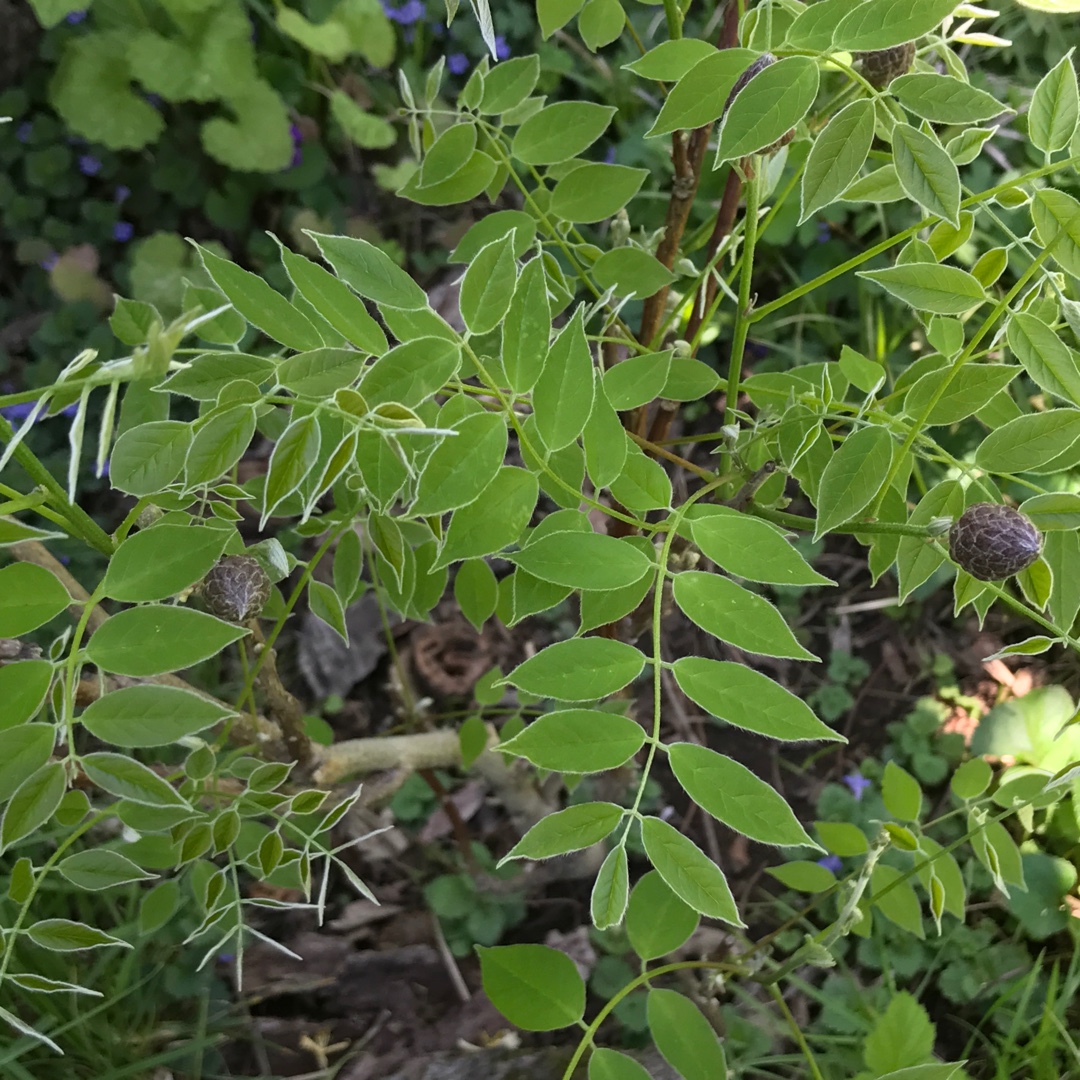
Wisteria frutescens 'Amethyst Falls'
Wisteria 'Amethyst Falls'
Wisteria frutescens does not grow as vigorously, also flowers later in the season and isn't as scented as the Chinese or Japanese varieties. The lilac/blue flowers are are more dense than the Eastern varieties.
Contributed by @ambitiouswolf
-
Full sun to partial shade
-
Occasional watering
-
Full Frost Hardy: 5F (-15°C)
-
Moist and free draining
Common name
Wisteria 'Amethyst Falls'
Latin name
Wisteria frutescens 'Amethyst Falls'
type
Flowering climber
family
Fabaceae
ph
6.0 - 7.0 Acid - Neutral
Plant & bloom calendar
-
Best time to plant
-
When the plant will bloom
full grown dimensions
 3.00 M
5.00 M
3.00 M
5.00 M
Wisteria frutescens 'Amethyst Falls'
Wisteria frutescens does not grow as vigorously, also flowers later in the season and isn't as scented as the Chinese or Japanese varieties. The lilac/blue flowers are are more dense than the Eastern varieties.
Flowering Season
From Late Spring TO Early Summer
Blue / Lilac scented flowers come out in May and June usually followed by green seed pods.
Planting Season
From Mid Spring TO Late Spring
Plant out pot grown plants in a sheltered site. They need support.
Propagation by Softwood Cuttings
From Mid Spring TO Early Summer
Take soft wood cuttings in spring to early summer. Cleanly cut up to a 10cm long stems, remove lower leaves and pinch the tip out, dip the stem into rooting hormone, fill a container/pot with suitable compost, make holes around the edge of it and plant the cuttings, water in well, cover with a polythene bag and place somewhere warm, lake the bag off twice a week to air the cuttings. Keep the cuttings moist until well rooted.Harden off when well rooted and pot on into individual pots increasing the airing to let the leaves to develop. Remove rotten, dying or dead cuttings regularly.
Propagation by Hardwood Cuttings
From Mid Autumn TO Late Winter
Take hardwood cuttings of up to .3m from this years growth, making a clean from above a shoot and remove any soft growth. Nearly fill a container with fine grit at the bottom, to enable free draining, and a suitable compost. Place the cutting, having dipped he end in a rooting compound first, with a third of the cutting showing.

























